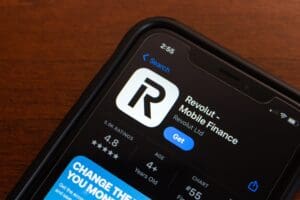Eight years ago, a small group of private investors placed what seemed like a high-risk wager on an unknown fintech start-up called Revolut. Now those early backers are on the brink of reaping near-millionaire returns, thanks to a decision by the company to let some of them sell a portion of their shares.
Investors who used the Crowdcube platform in 2016 originally paid $2.14 per Revolut share. Today, they have the option to sell part of their holdings at $865.42 per share—an astonishing 404-fold increase. The typical investment of about £2,300 could now be worth more than £900,000.
For years, only Revolut employees could cash in their shares when the company facilitated so-called “secondary” sales. This month, however, Revolut emailed its earliest supporters to say they too could sell some of their stake, enabling them to realise these life-changing gains.
The move comes amid a blockbuster secondary share sale, where over $1 billion worth of Revolut stock is changing hands. Among the new buyers are major global investors, including the Abu Dhabi-based fund Mubadala, private clients of Goldman Sachs, and prominent tech-focused investors such as Coatue Management and D1 Capital Partners.
When Crowdcube users bought into Revolut in 2016, the startup was pitching a simple but compelling idea: eliminating hidden fees and hassles when managing money or travelling abroad. With just 433 individuals investing a total of just over £1 million at the time, it was a niche bet.
Fast forward to today, and Revolut has grown into one of Europe’s most highly valued fintech companies. It now serves 50 million customers, secured a provisional UK banking licence this year, and is valued at $45 billion. Crowdcube’s spokeswoman praised the outcome, noting that while most crowdfunding investments never yield a return, Revolut’s success story stands out.
The original Crowdcube cohort now has the chance to sell up to $10.215 million worth of their shares in total—a compelling reminder that, amid the many crowdfunding ventures that go nowhere, there are rare instances where a gamble on an unknown startup can pay off in spectacular fashion.

